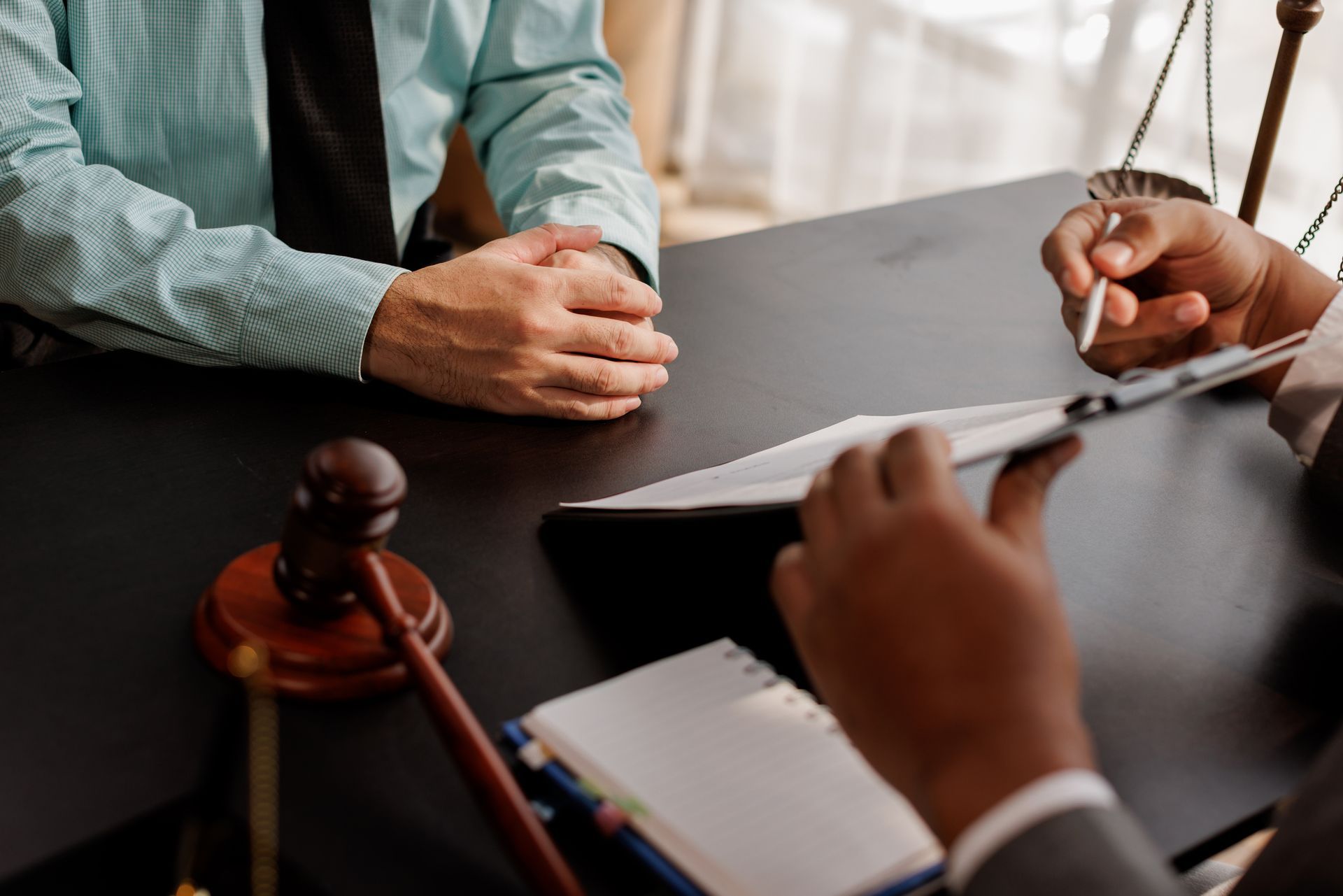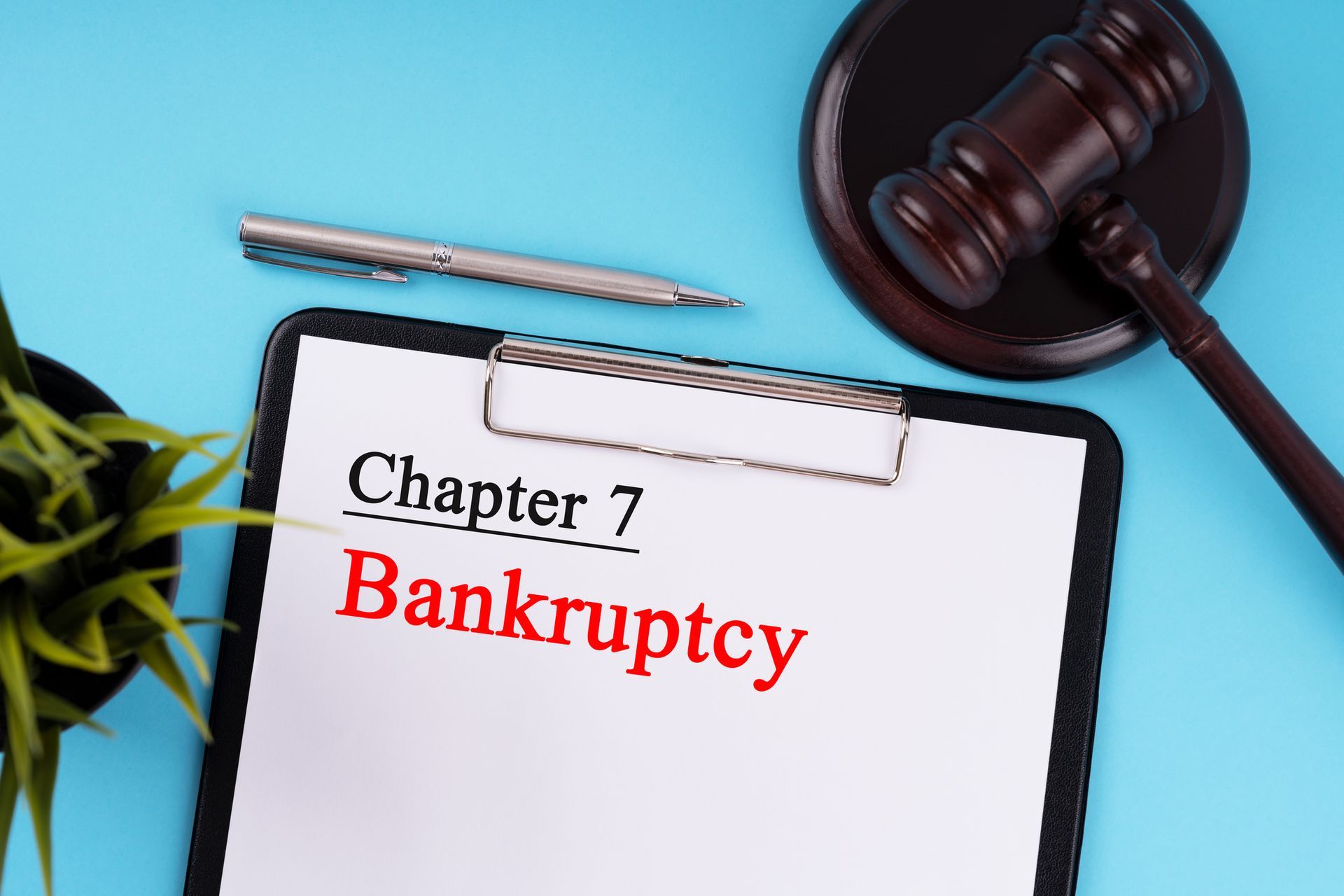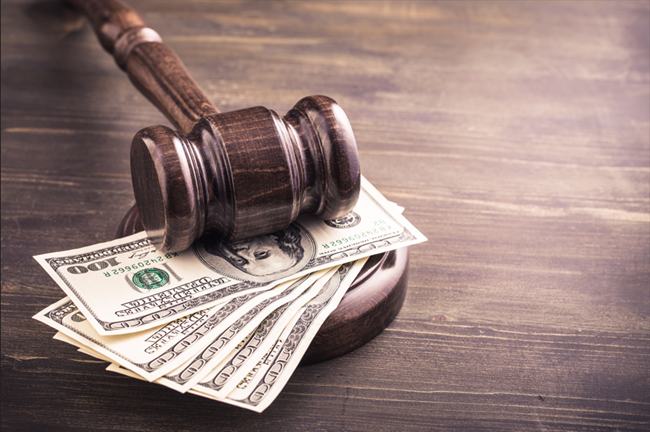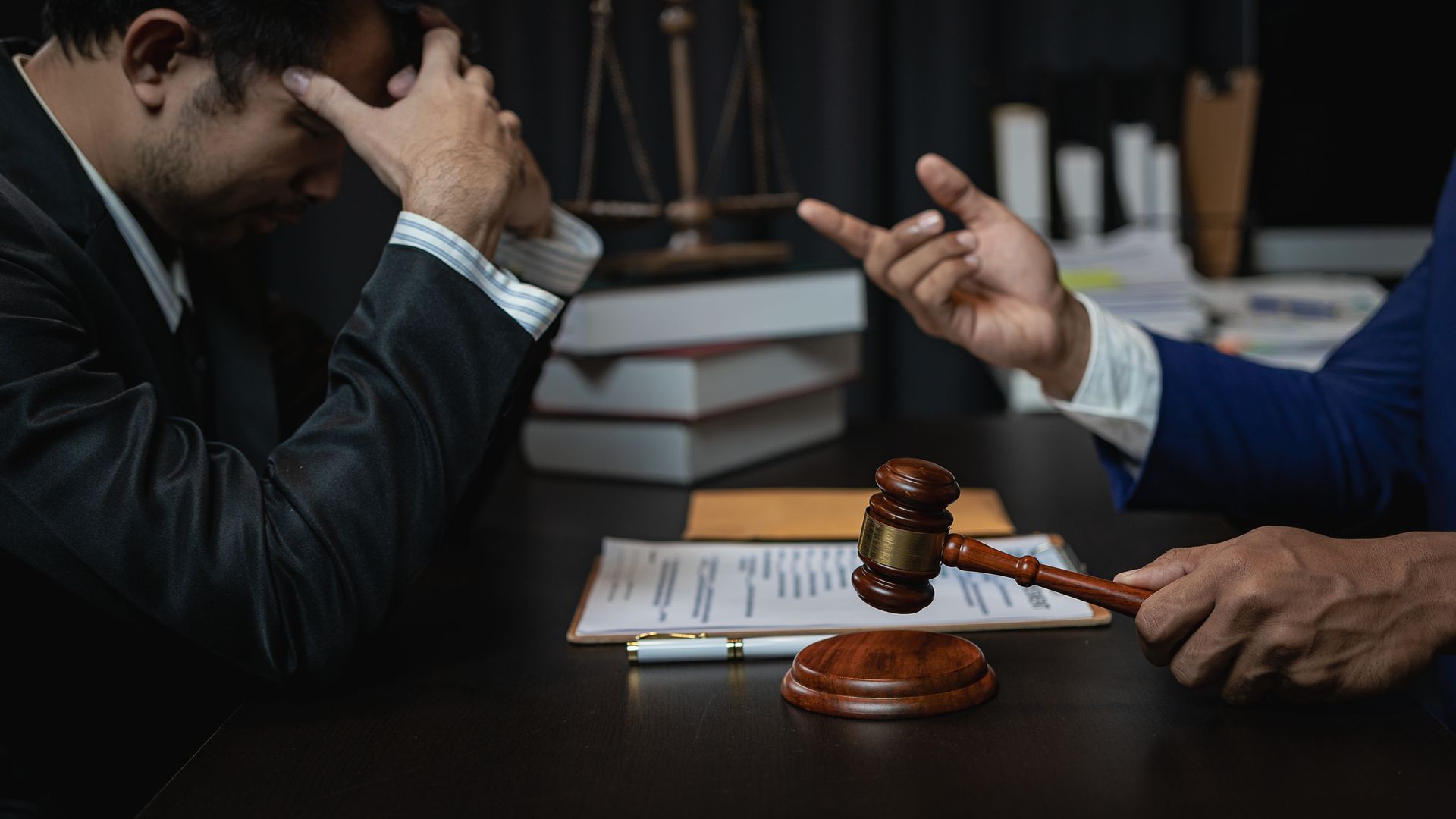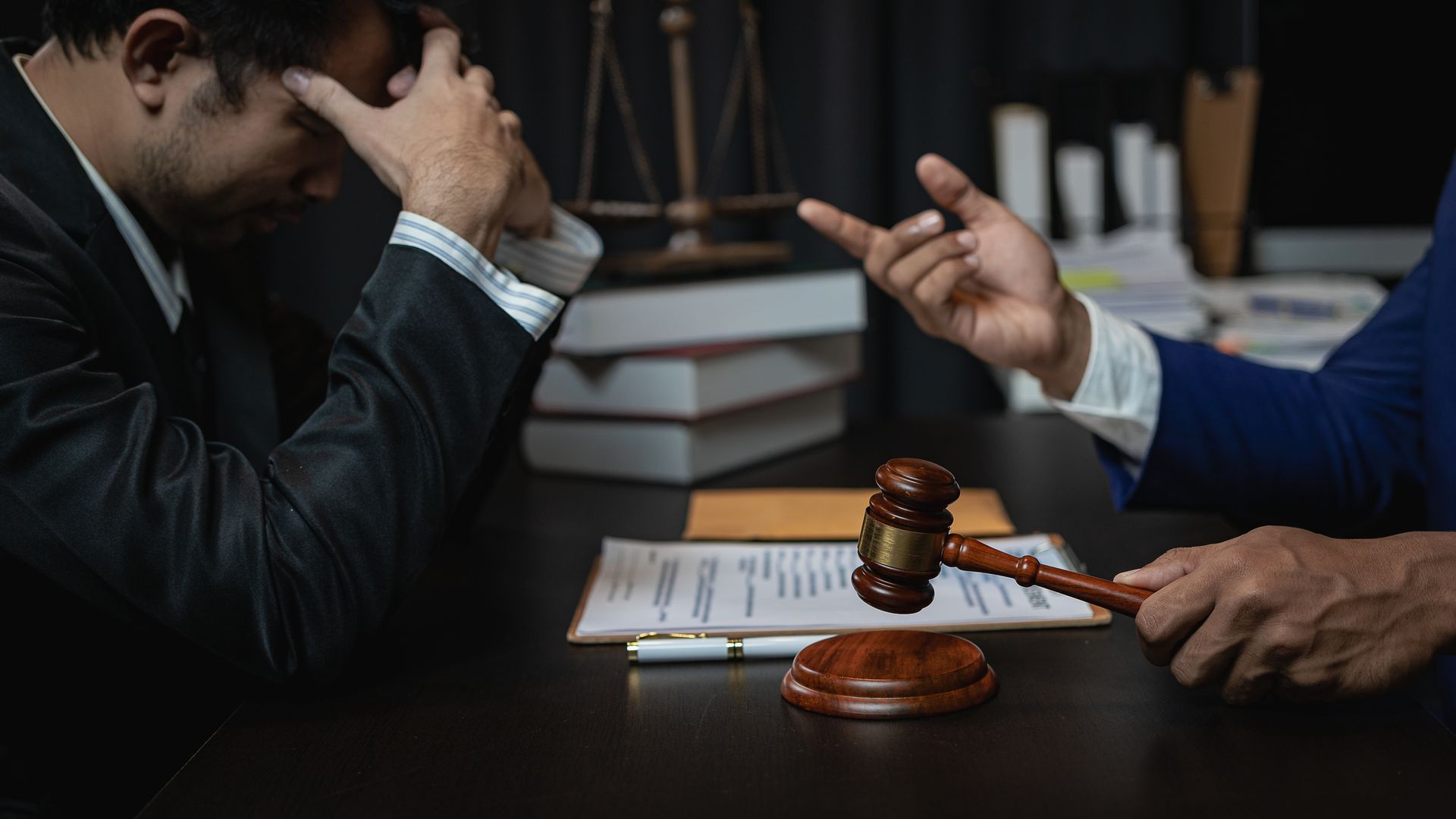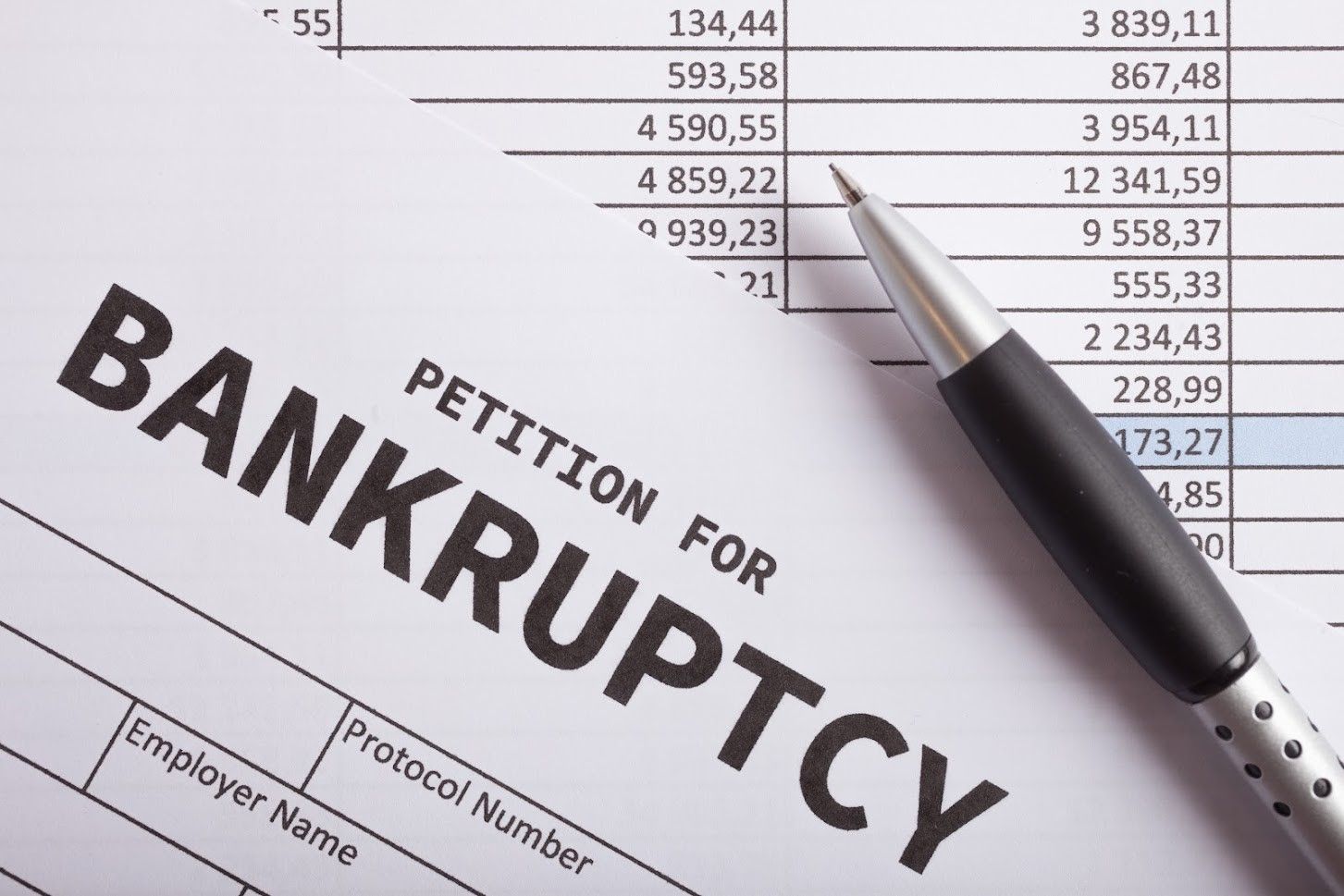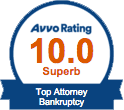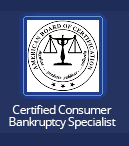2 Common Kinds of Personal Bankruptcy
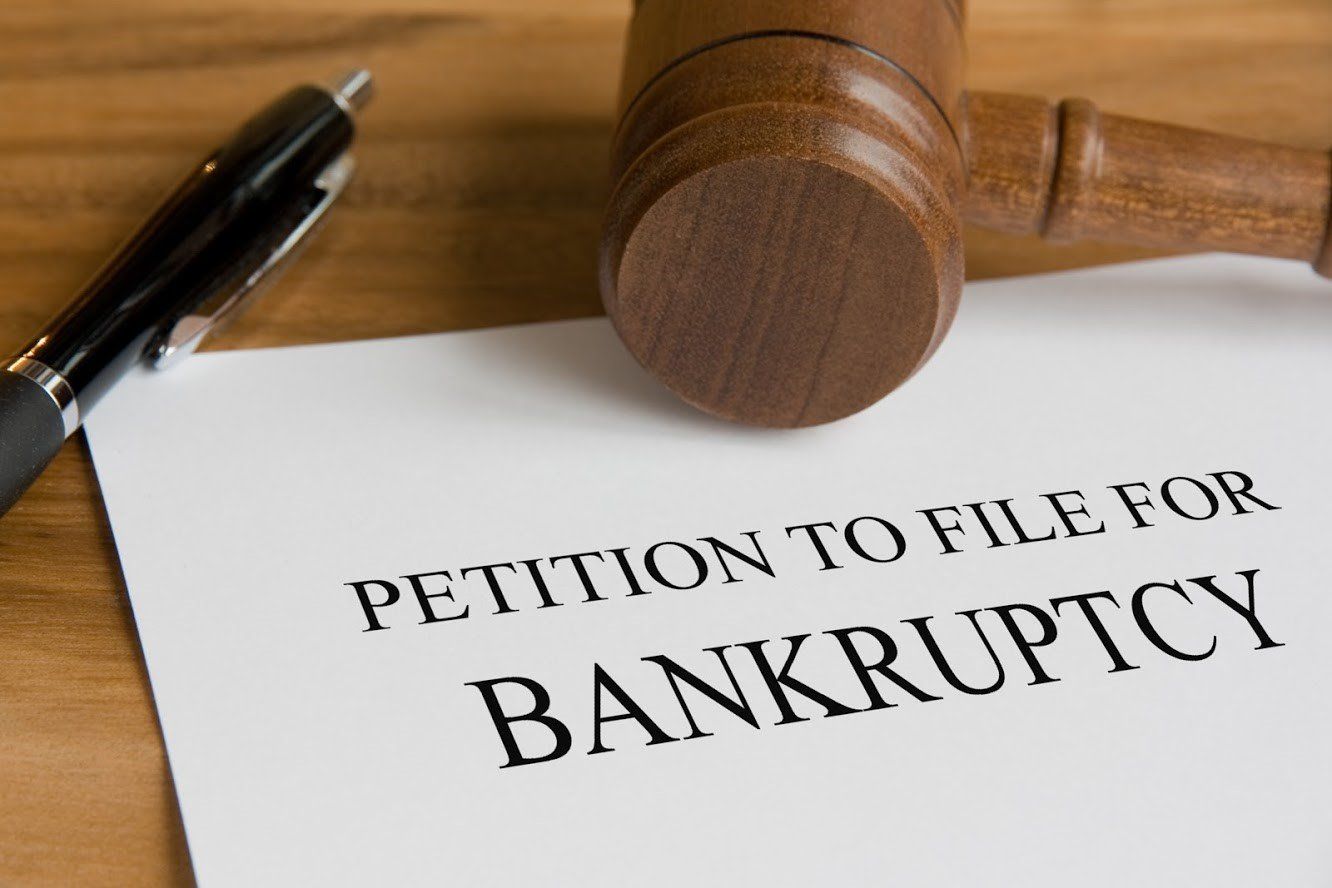
If you're in an impossible financial position, there are two different classifications of bankruptcy that you might file for. Each of these options has its purpose. Here's a guide to help you choose between Chapter 7 and Chapter 13 bankruptcy.
Chapter 7: Discharge All Your Debts
Chapter 7 bankruptcy is by far the most common form of personal bankruptcy, and it accounts for more than three-fourths of all cases. It's also what many people think of when they consider bankruptcy, as most outstanding debts are dissolved.
In order to file for Chapter 7 bankruptcy, you'll need to go through credit counseling and meet an income requirement. Your income can't be greater than the median income for your state and family's size. In 2019, median incomes for a one-person household in Michigan was $52,168. The median four-person household income was $91,968.
Should you qualify for and file Chapter 7 bankruptcy, all of your assets that aren't necessary for modern life will have to be sold off. You can generally keep vehicles, jewelry, household items, and professional tools — all up to a certain value — and you can also keep a portion of any equity you have in your home.
All non-exempt assets, however, must be sold in order to pay off your outstanding debts. The court will determine exactly what's non-exempt in your case, and the court will also determine how any proceeds from these assets are distributed to creditors. After the assets are sold off and distributed, your outstanding debts are dismissed and you pay nothing more.
Chapter 7 is the most widely used form of personal bankruptcy because it completely frees you from debts that you can't repay. There's no more obligation once your assets are sold and distributed, and you can have debts discharged within 3 months. So long as you qualify and don't have assets you want to protect, this option probably makes the most sense.
Chapter 13: Repay Some of Your Debts
Chapter 13 bankruptcy is used by about one-fifth of individuals who file for bankruptcy. To file for this type of bankruptcy, you must own less than $383,175 in unsecured debt and less than $1,149,525 in secured debts. For most people, these requirements aren't a problem.
In Chapter 13 bankruptcy, the court doesn't fully dissolve your debts but instead restructures them. Some loans may be reduced and repayment plans might be extended, but you still have to pay back a portion of what you owe. Once the court creates a new repayment plan, you have to follow it exactly or else you could lose the bankruptcy's protections.
If you don't qualify for a Chapter 7 bankruptcy, this might be the next-best option. Additionally, sometimes people opt for a Chapter 13 even if they qualify for Chapter 7 so that they can protect an asset.
If you want to make sure you keep your house or a valuable heirloom, for example, you might need to go with this option. Chapter 7 only allows you to protect so much of your home, but with a Chapter 13, you can likely keep your home regardless of equity so long as you follow the repayment plan. You could also shield an expensive car with sentimental value if you wanted.
Deciding which type of bankruptcy to file for is the first step to take if you need to file, and it's an important step, as it determines what your protections and obligations will be throughout the process. If you need help determining whether a Chapter 7 or Chapter 13 bankruptcy makes more sense in your situation, contact Charles J. Schneider PC.

